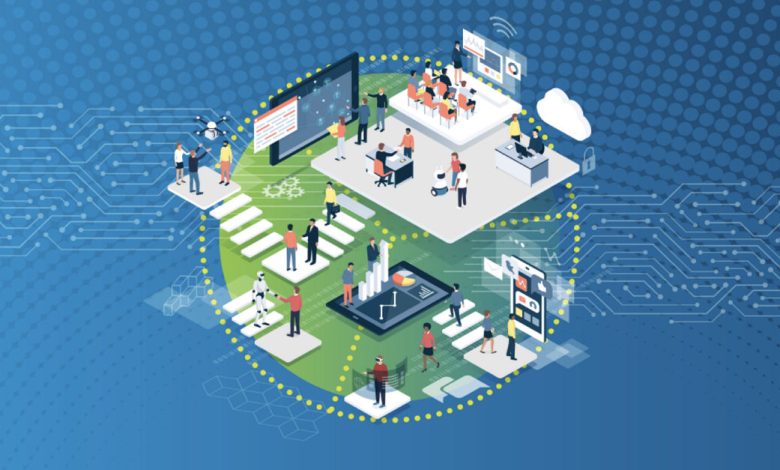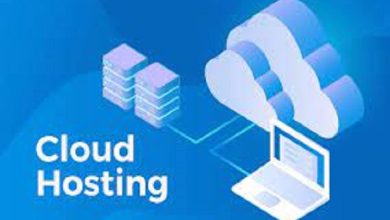How a Master’s in IT Shapes Tomorrow’s Digital Decision-Makers

As the digital economy expands, so does the complexity of the decisions that professionals must make daily. It’s no longer just about understanding how systems work—it’s about making strategic choices with lasting technical, ethical, and operational consequences.
This shift has given rise to a new class of professionals: digital decision-makers who blend technical expertise with business and leadership acumen. And increasingly, their preparation begins with advanced IT education.
From Technologist to Strategist
In many organizations, IT roles are no longer confined to infrastructure or support. Instead, IT leaders are expected to shape company direction, innovate services, and drive digital transformation. For this, a robust understanding of emerging technologies must be matched with the ability to manage teams, oversee projects, and understand stakeholder needs.
A postgraduate degree helps professionals bridge this gap. It’s particularly valuable in regions investing heavily in digital infrastructure, such as Southeast Asia.
The growing popularity of masters in information technology in the Philippines reflects this demand for hybrid professionals capable of leading change through a mix of technical knowledge and leadership skill sets. One such program that embodies this approach can be found here.
Building a Future-Ready Skillset
Advanced IT programs are evolving to keep pace with rapid technological shifts. While foundational areas like database management, networking, and systems design remain central, modern curricula are expanding to include:
- Strategic IT management
- Data analytics and visualization
- Information assurance and cybersecurity
- e-Business development
- Technopreneurship
Equally important are soft skills like communication, collaboration, and ethical decision-making—skills that define a professional’s ability to operate across departments and influence policy.
Adapting to the Hybrid Workforce
The rise of hybrid and remote work environments has further elevated the importance of adaptable IT leadership. Professionals must now manage digital tools, ensure cybersecurity, and support distributed teams while staying aligned with organizational goals.
Online learning platforms have adapted to this context as well, allowing working professionals to gain postgraduate qualifications without sacrificing their day jobs.
These programs mimic real-world conditions: students must manage deadlines, collaborate virtually, and balance professional commitments—all while mastering advanced content. In this way, the learning model itself becomes part of the professional growth.
A National and Regional Imperative
Beyond individual career growth, there’s a broader mission at play. Countries like the Philippines are recognizing that a skilled, digitally fluent workforce is key to remaining competitive globally. Investing in IT education—especially at the master’s level—supports this national agenda by cultivating professionals who can lead in both public and private sectors.
Graduates are not just equipped for better jobs; they’re positioned to contribute to national innovation efforts, digital policy, and capacity building across industries.
Final Thoughts
The future of IT leadership lies not just in technical mastery, but in the ability to lead complex, interdisciplinary challenges. A master’s-level education in information technology offers the intellectual depth, strategic outlook, and practical tools to rise to this task.
Whether working in health tech, fintech, government digital services, or enterprise solutions, the next generation of digital leaders will be shaped by the strength of their education—and their ability to learn, lead, and adapt.




